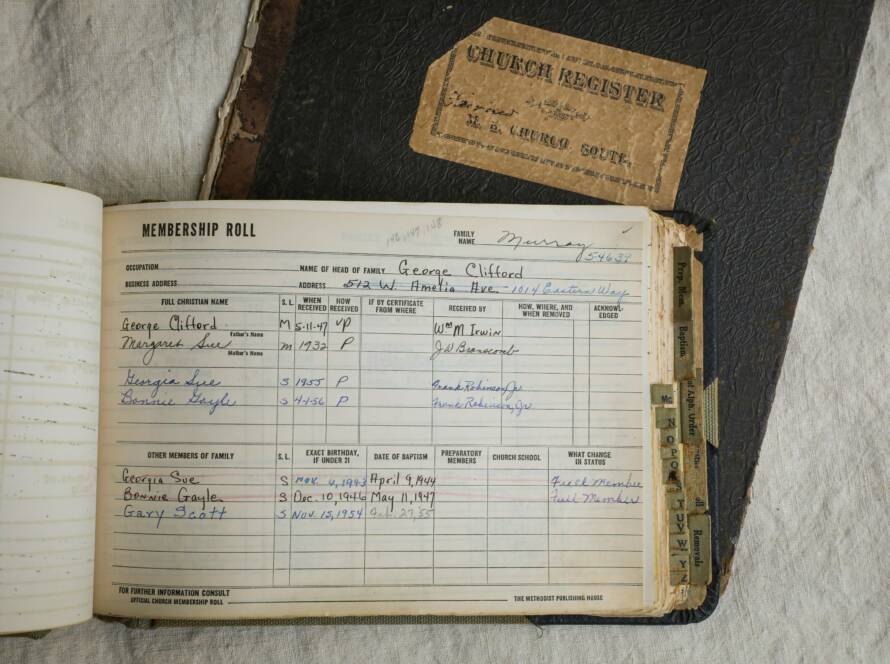7 “Awake, O sword, against my shepherd, against the man who stands next to me,” declares the LORD of hosts. “Strike the shepherd, and the sheep will be scattered; I will turn my hand against the little ones. 8 In the whole land, declares the LORD, two-thirds shall be cut off and perish, and one-third shall be left alive. 9 And I will put this third into the fire, and refine them as one refines silver, and test them as gold is tested. They will call upon my name, and I will answer them. I will say, ‘They are my people; and they will say, ‘The LORD is my God.’” (Zech. 13:7–9)
Sometimes we can’t say what we want to directly. We struggle for the right words to convey our message. The reality of the world around us and the world within us is a mashup of the good, the true, and the beautiful that defies direct description. This obvious truth has always been obvious, and that is why humanity uses poetry. I am convinced that the human predilection for the poetic is a direct divine gift. We can communicate with poetic simile and metaphor and verse and meter in ways that touch parts of our soul otherwise left in darkness.
This was certainly true for the biblical prophets. Many of these men wrote their visions and prophetic insights almost exclusively in poetic form. They didn’t just write their vision down they wrote it down with all the effort that it takes to hammer out a vision of beauty in a strict poetic form. They chose the hard road, and we are richer for it.
The prophet Zechariah saw a vision of the glorious future of God’s people. He envisioned a glorious day when the people of God would be gathered again to their God. In his vision, this ingathering would be accomplished by the great Servant of The LORD would be struck down and the people scattered. This poetic vision was fulfilled in the suffering and death of our Lord Jesus. Jesus himself quotes this text in the Garden of Gethsemane when he was arrested.
But what about the rest? The prophetic poet goes on to talk about two-thirds of the flock being cut off and one-third going into the fire. Zechariah saw a future in which the people of God would be called to suffer after the example of their Shepherd. Zechariah saw a future where an identifying mark of the people of God is a life of purifying fire. This is the biblical background for Peter’s theology of suffering that he expresses in his letters.
Believer, God has a word for you about your suffering. If you are trusting in Jesus Christ alone for the forgiveness of your sins and the fulfillment of all of God’s promises, then every stroke of suffering that you experience in this life is purifying fire. It is God’s process of making you into a new creature. It is not for nothing. It is not arbitrary. You have not experienced meaningless pain. God is forming and shaping you in the fire of suffering to bring you out of the fire a gleaming and beautiful work of art who will shine in His Kingdom for all eternity.
Be encouraged, suffering saint. God is working in you all his good purposes for you. Don’t be overwhelmed by what you can see. Don’t be discouraged by the lying enemy who whispers half-truths in your mind. God is working for himself an immense glory in you through your suffering. It is part of his workmanship. Trust Him in it.
In Christ Alone,
Pastor Charles



